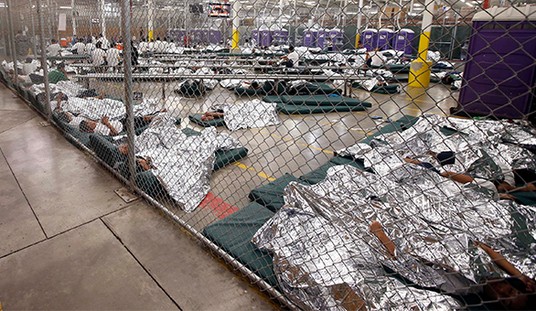Boston University Professor Glenn Loury famously once said that the essence of conservatism was that “human nature has no history.” That’s one of the themes that runs through the first two titles on the list of books that conservative journalist Helen Rittelmeyer says she enjoyed most last year:
1. An African in Greenland, Tété-Michel Kpomassie (1981): The main attraction of this book is its remarkable premise: A teenage West African tribesman becomes fixated on Greenland after seeing a picture of it, and through herculean effort makes it there and turns himself into a seal-hunting, husky-driving honorary Inuit. For me there is something perversely funny about just how closely his description of the natives of Greenland resembles some of the most notorious cliches of Western writing about Africa. The natives in the cities live off welfare from their colonizers! They would rather get wasted and screw indiscriminately than do an honest day’s work! The people out in the hinterlands are the only ones who have preserved the nobility of their ancient way of life! Their virtues are all of the peasant variety—honesty, simplicity, hospitality, et cetera! I hate to think what would have befallen the author in the literary press if the races had been reversed.
2. The Bevin Boy, David Day (1975): Beginning in 1943, one in ten British draftees were picked at random to be sent, not to the front, but down t’ mines, coal having become more valuable than soldiers. They were called “Bevin Boys” because the program was the brainchild of Ernest Bevin, the minister of labor, who thought that sending white-collar boys to work the coal face would yield some salutary mixing of the classes. The thesis of this memoir, written by a middle class Bevin boy, is that no such life-long friendships across the classes were formed and no such revelations of their shared humanity were forthcoming. Mostly the classes still avoided each other. If social engineering can’t prevail in such circumstances, when the subjects literally have to go wherever you tell them and do whatever you say, there can’t be much hope for the concept.
More on the Bevin Boys about seven minutes into the segment of The World at War we embedded in our post last week on the first draft of Ingsoc, “At Last, the 1948 Show:”










Join the conversation as a VIP Member